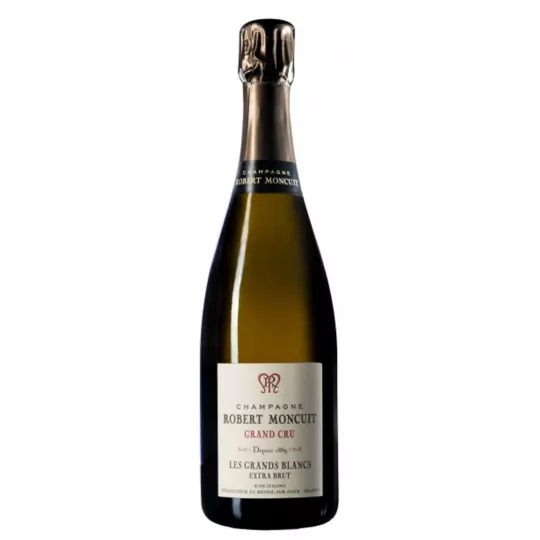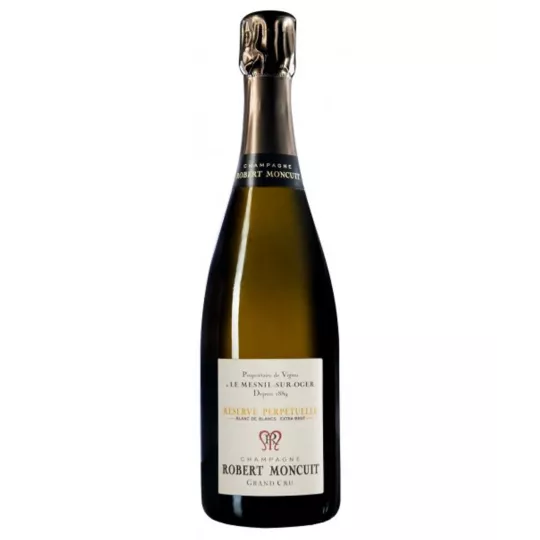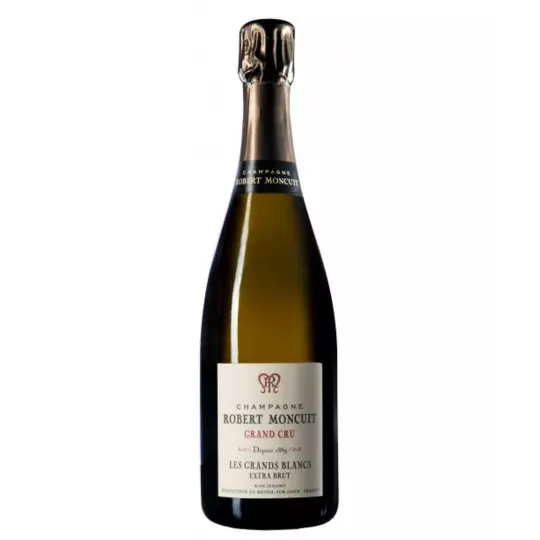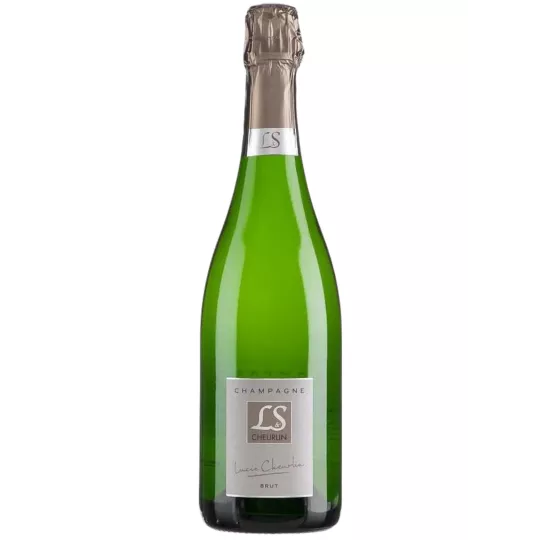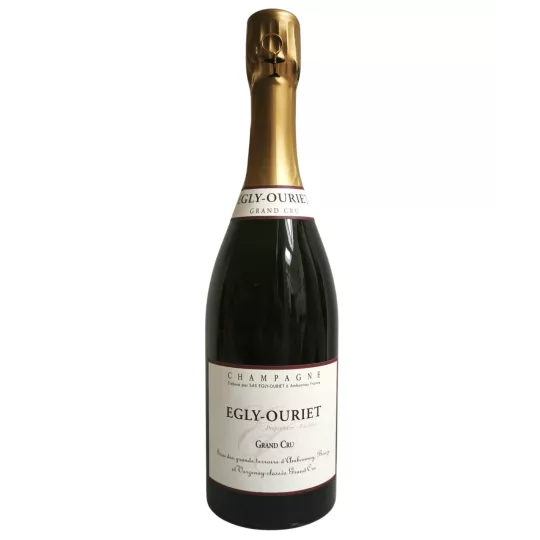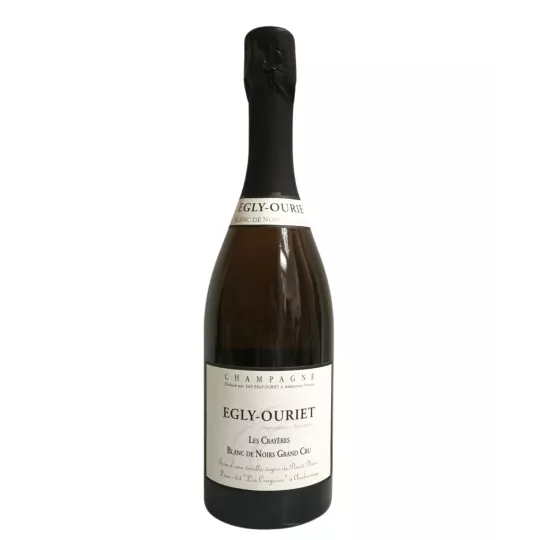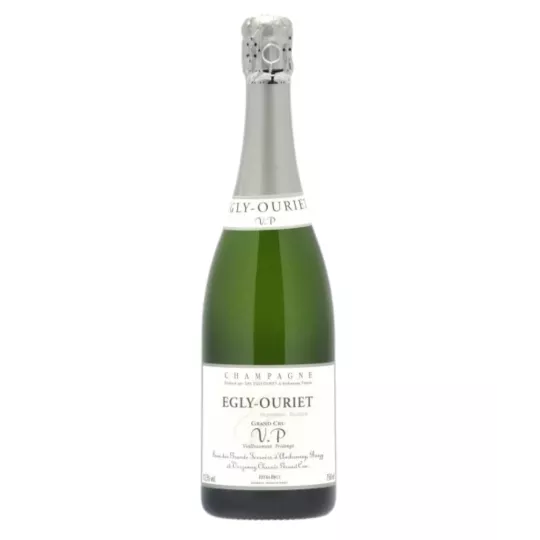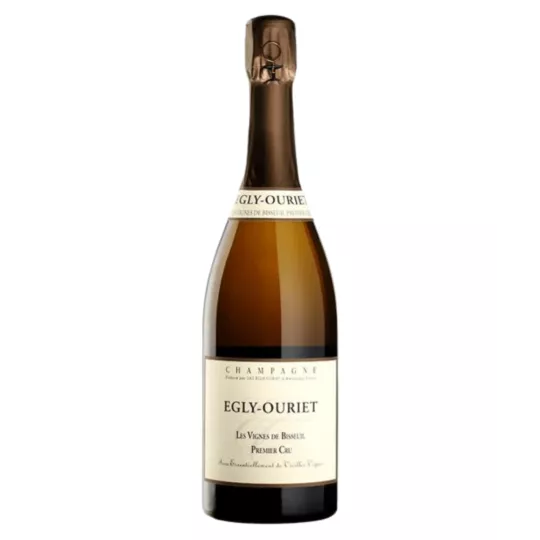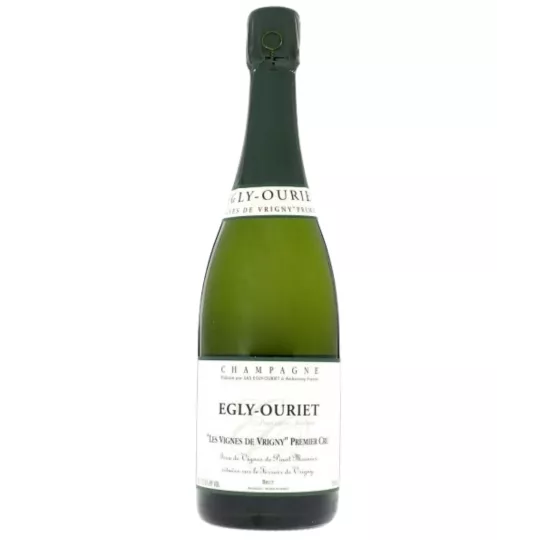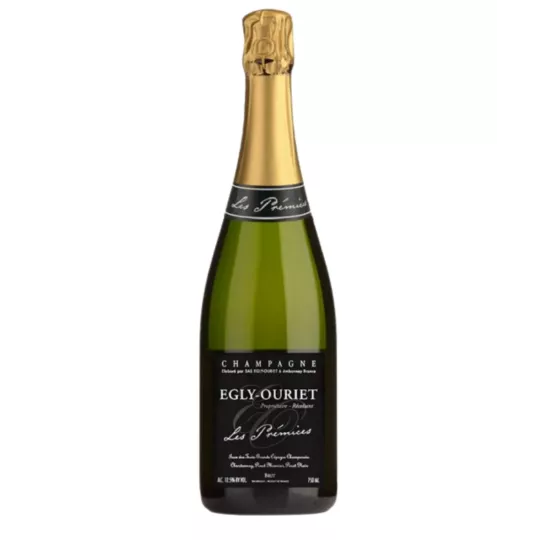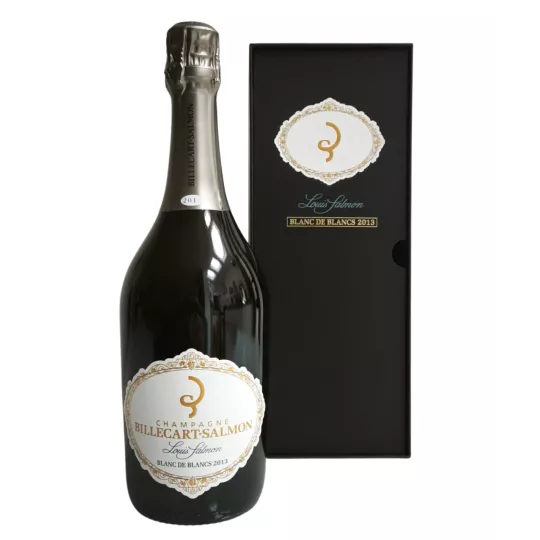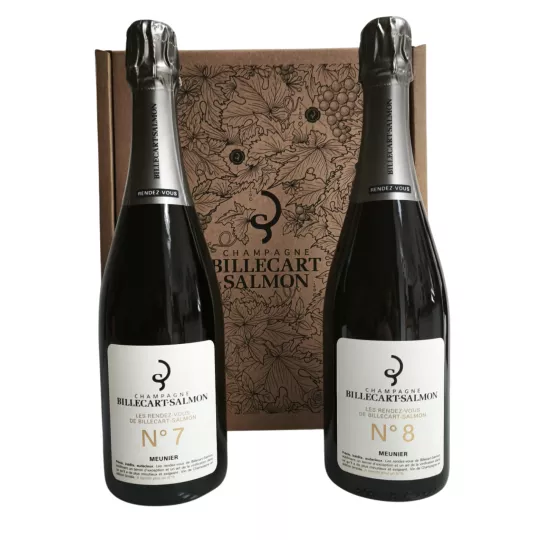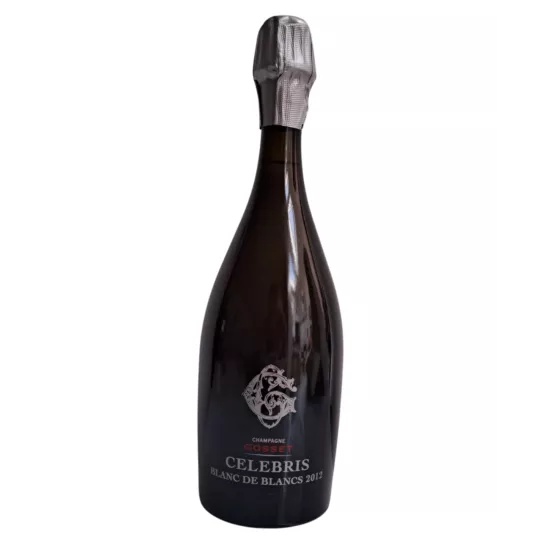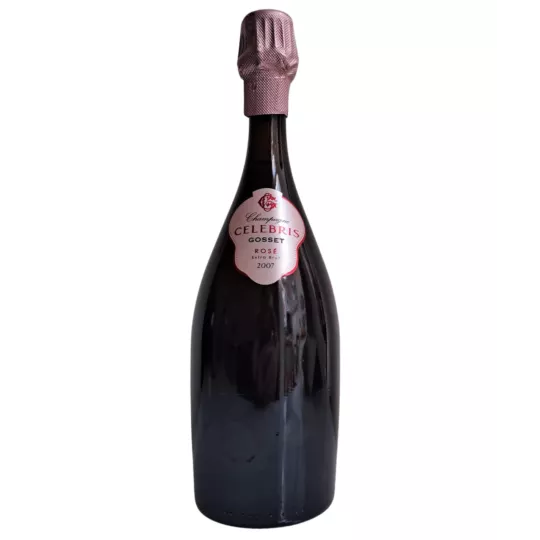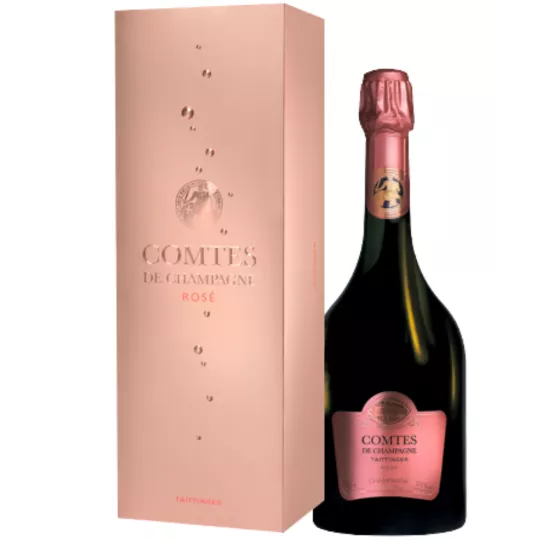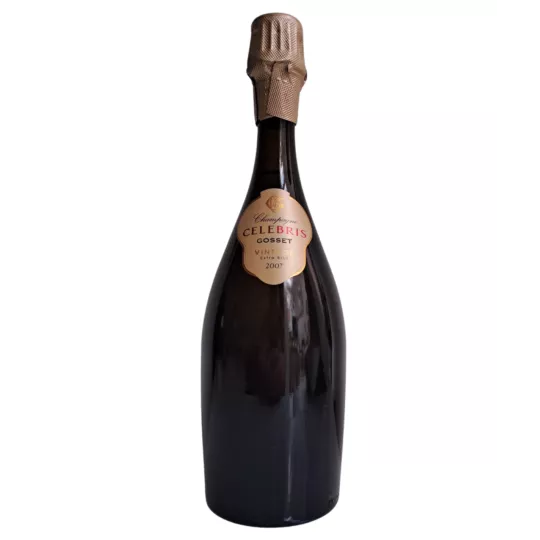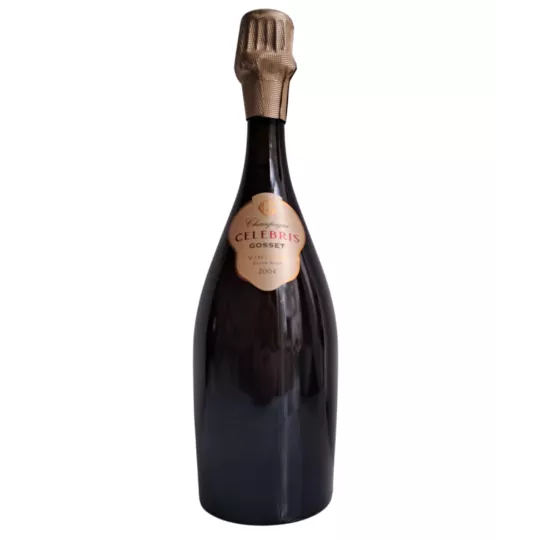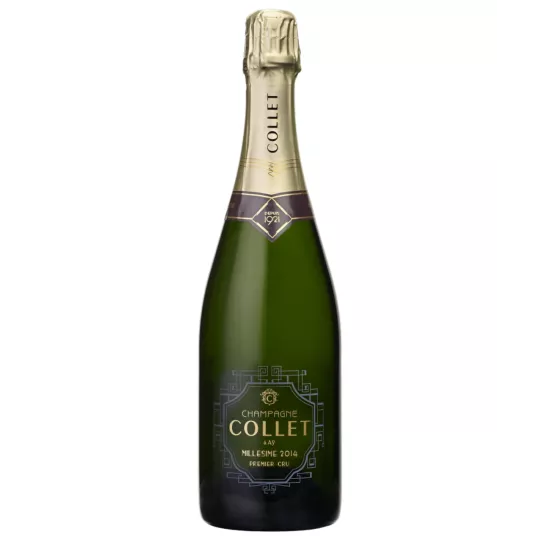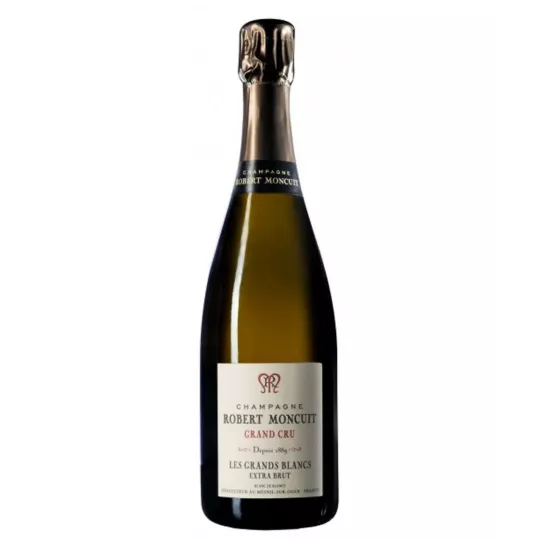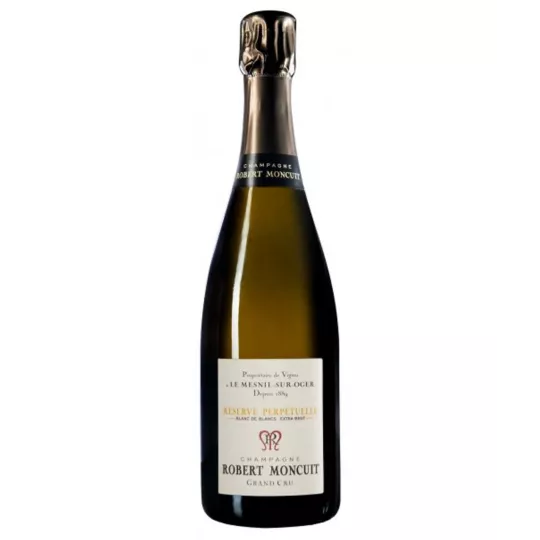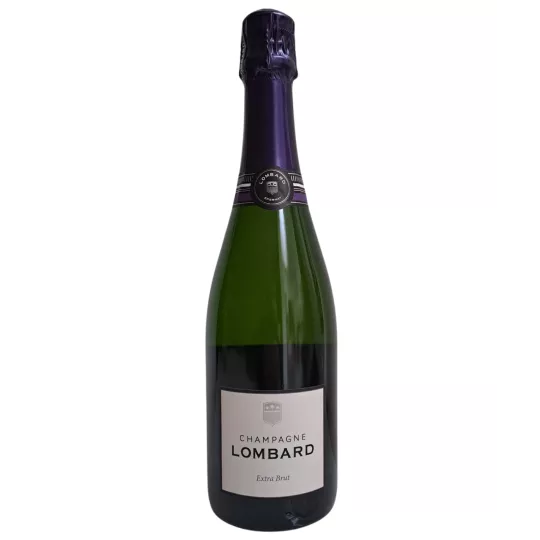
High Environmental Value
Buy Champagne High Environmental Value
Champagne with High Environmental Value: The secrets of an exceptional wine that respects nature with eco-responsible bubbles.
Welcome to our category dedicated to Champagne High Environmental Value (HVE), a renowned environmental certification which highlights the commitment of Champagne winegrowers to sustainable agricultural practices. On this page, we will immerse you in the fascinating world of HVE, explaining the details of this certification, its importance for Champagne, and how it promotes the conservation of the ecosystem while guaranteeing high quality products. quality. You will also discover how the Independent Winegrowers of Champagne are actively involved in this approach. Let yourself be guided through the green vineyards and preserved terroirs of Champagne, and learn everything there is to know about High Environmental Value.
What is HEV Champagne Certification?
The High Environmental Value (HVE) Certification is an environmental label which results from the commitments made during the Grenelle Environment Forum in France. This is an official process, regulated by law, and accessible to all farmers on a voluntary basis. HVE certification includes three levels of requirements, each corresponding to key stages in the adoption of environmentally friendly agricultural practices.
Level 1: The Foundations
The first level of HVE certification is a fundamental step, requiring compliance with the conditionality rules included in the Common Agricultural Policy (CAP). These rules relate in particular to good agricultural and environmental conditions (GAEC), plant health and the environment. Level 1 is an essential prerequisite for access to higher levels, thus laying the foundations for operators' environmental commitment.
Level 2: Concrete Commitments
Level 2 of HVE certification constitutes a key step in operators’ journey towards more sustainable practices. It includes 16 requirements divided into four environmental themes: biodiversity, phytosanitary strategy, fertilization, and water resources. This level is an obligation of means for operators wishing to fully commit to the HVE approach. It is important to note that certain other environmental approaches, such as Sustainable Viticulture in Champagne (VDC) and Terra Vitis, are recognized as equivalent to level 2, which offers a certain flexibility in the certification process. However, it is not mandatory to reach level 2 to access level 3 of the HVE.
Level 3: High Environmental Value
The holy grail of HVE certification, level 3 is entitled “High Environmental Value (HVE).” It is based on performance obligations measured by environmental performance indicators.
There are two paths to reaching level 3:
- Path A: Requires the operator to achieve a minimum score of 10 points in each of the following four areas: biodiversity, phytosanitary strategy, fertilization management and water resources.
- Path B: This path is based on the validation of two indicators: the share of usable agricultural area (UAA) dedicated to biodiversity must be at least 10%, and the weight of inputs in turnover does not must not exceed 30%.
Only compliance with level 3 allows HVE certification to be obtained, which is issued only by an approved and independent certification body. In France, the number of certified farms continues to grow, demonstrating a strong commitment to the environment.
Champagne's Commitment to HVE
Champagne has long been at the forefront of environmentally friendly winemaking practices. Farms and wineries in the region have adopted significant measures to minimize their impact on nature and preserve the quality of their terroirs. These efforts result in the “High Environmental Value” (HVE) certification, recognition of their commitment to the environment.
Environmental Certification in Figures
It is impressive to see the extent of Champagne's commitment to environmental certification. In France, there are more than 24,827 farms certified at level 3 HVE (figure as of January 1, 2022). In Marne, 2,001 farms obtained HVE certification at the same time. These figures reflect the region's massive commitment to environmental preservation.
Independent Champagne Winegrowers and HVE
An Independent Winegrower who runs a High Environmental Value operation embodies a resolute commitment to nature and biodiversity. Here are some of the actions undertaken by these winegrowers:
- Respect for the ecosystem: Winegrowers promote biodiversity by implementing arrangements in the vineyard to preserve the fauna and flora.
- Conservation of wine-growing landscapes: They contribute to the beauty of wine-growing landscapes by naturally grassing their vineyards, thus creating harmonious panoramas.
- Sustainable viticultural practices: Independent winegrowers minimize their impact on the environment by opting for alternative practices.
FAQ about High Environmental Value (HVE) Champagne
Q: What is HVE Certification in Champagne?
A: The High Environmental Value (HVE) Certification in Champagne is an official and regulated environmental label which rewards sustainable agricultural practices. It is based on three levels of requirements, with level 3 HVE being the highest, attesting to a strong commitment to the environment.
Q: How are HVE certification levels defined?
A: The levels of HVE certification are defined according to compliance with the rules of conditionality of the Common Agricultural Policy (CAP) at level 1, 16 environmental requirements at level 2, and results obligations measured by indicators at level 3.
Q: Why is HVE important for Champagne?
A: HVE is essential for Champagne because it embodies the region's commitment to environmentally friendly viticultural practices, contributing to the preservation of terroirs while producing quality wines.
Q: Who issues HVE certification in Champagne?
A: HVE certification is only issued by approved and independent certification bodies.
Q: How many farms are HVE certified in Champagne?
A: As of January 1, 2022, more than 2,001 farms in Champagne were certified at level 3 HVE, demonstrating a massive commitment to the environment.
Q: What is the role of the Independent Winegrowers of Champagne in the HVE?
A: Les Vignerons Indépendants de Champagne actively support winegrowers motivated in terms of the environment and biodiversity, thus contributing to the promotion of HVE. More than twenty Independent Winegrowers of Champagne farms have obtained certification.
Q: How do independent winegrowers contribute to HVE?
A: Independent Winegrowers promote biodiversity, preserve wine-growing landscapes and opt for sustainable wine-growing practices in order to reduce their impact on the environment.
Q: Can I find HVE wines in Champagne?
A: Yes, many wines in Champagne come from HVE certified farms, thus offering quality products while respecting the environment.
Q: How can I recognize an HVE product in Champagne?
A: HVE certified products often carry a logo or a notice indicating their High Environmental Value status. You can also check with local producers for information on their environmental certifications.
